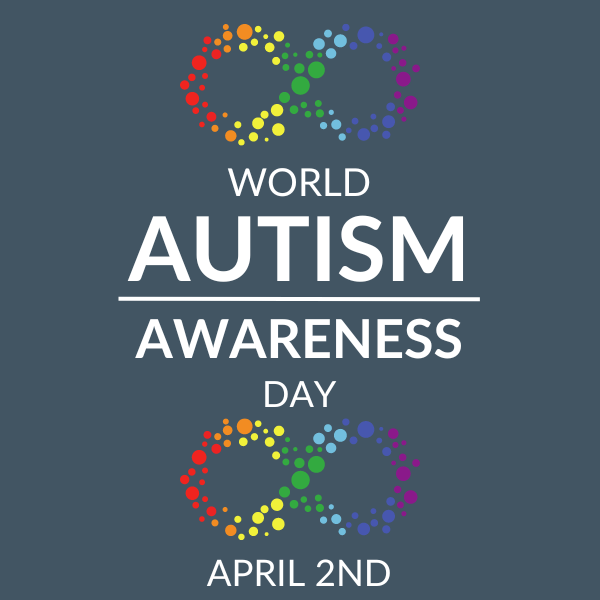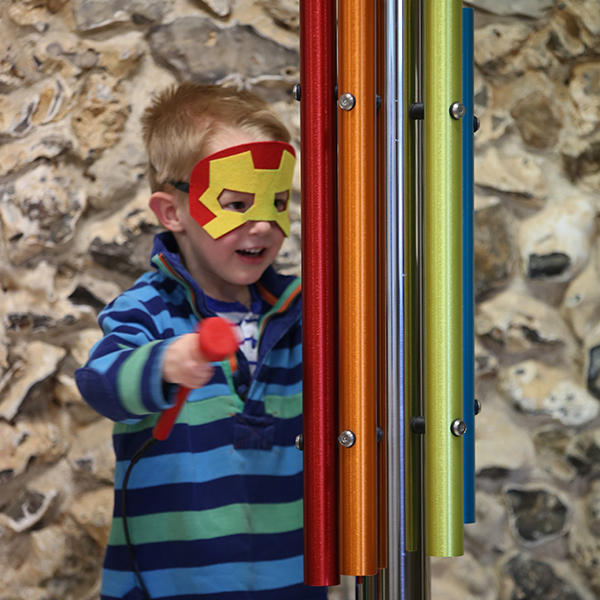The Benefits of Outdoor Music on Children's Mental Health and Emotional and Physical Growth
Children's Mental Health Week takes place on 7-13 February. This year's theme is Growing Together, with children (and adults) asked to consider how they have grown, what they need to help them grow, and how they can help others to grow too.
There are four identifiable areas of human growth; physical, intellectual, emotional, and social, each overlapping the other. Human growth is a lifelong process; however, the fastest period of growth and development is during the infancy and early childhood life stages. We've all heard the theory that playing music to plants helps them grow, is it the same for children? What we do know is that musical experiences can most definitely build meaningful social, emotional, and cognitive brain connections that will help children hit developmental milestones as they grow.
Outdoor musical instruments can be unusual yet fun and functional tools to aid the development of physical skills and are proven to support communication, encourage expression and build self-esteem.
While standing to play large outdoor musical instruments such as an Akadinda or Grand Marimba, reaching up and across to play the full range of notes, engages gross motor skills and bilateral movements. Bilateral coordination activities are essential for coordinated and fluid movements, requiring both sides of the body and developing core strength.
The gross motor skills used to manipulate the large mallets of an outdoor musical instrument can help improve muscle tone and encourage a preference for a dominant hand. These large motor movements can be gradually reduced to the fine motor skills required inside the classroom.
Read More Using Musical Instruments to Improve Core Stability
Giving children access to outdoor musical instruments and environments that support musical freedom, interaction, and development—as well as the time to enjoy them—will aid their physical and mental growth plus well-being during their most rapid developmental period. Having instruments resistant to weather means that they can be left in their play space year-round, enhancing continuous provision and allowing children to develop their skills in their independent learning time.
Music helps foster communication skills, vocabulary development, comprehension, creative self-expression, and confidence in young children in a playful way.
Growing Together is about growing emotionally and finding ways to help each other grow. One of the most important functions of music is to create a feeling of cohesion or social connectedness. Making music with other people certainly improves children's social and emotional skills. They learn to work together and develop listening skills and empathy with others. Researchers have found that when children play music together—from simple rhythms to larger group performances—they can better tune in to other people's emotions.
1 in 6 children and young people have a diagnosable mental health problem and many more struggle with challenges from bullying to bereavement. Music can be a constructive way to give children a way to express themselves, unleash their creativity, be inspired and uplifted.
Read More Listening To and Making Music Helps Understand Feelings and Emotions

